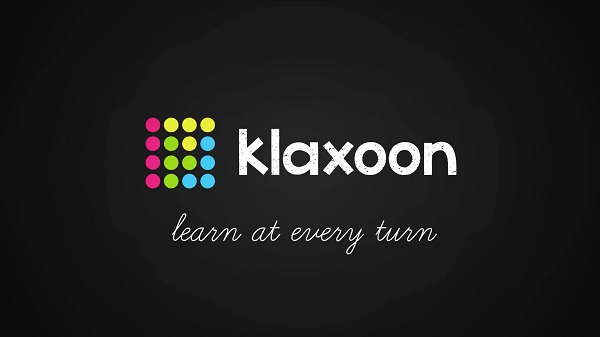After more than a year of pandemic gathering restrictions, the world’s workers have spoken out in a survey by Klaxoon, with respondents reporting a host of vexing problems. Participants reported meetings often stifle creativity (56 percent) and inclusion (44 percent). Respondents also reported they only felt comfortable sharing opinions that differ from the leader or the group consensus slightly more than half the time (56 percent).
The survey provides insight into how employees view their experiences with meetings at work. A total of 2,585 people were surveyed from France, Germany, the United Kingdom and the United States. Respondents were full-time employees who hold an office position and have more than three meetings per week. The survey was conducted in partnership with Dr. Steven Rogelberg, one of the foremost experts on meetings, recipient of the Humboldt Award for his research, and author of “The Surprising Science of Meetings.”
“With the unprecedented use of virtual meetings since the start of the pandemic and the likelihood of increased hybrid meetings as the world finds a new normal, the survey suggests we must work much at improving interaction and efficiency – meeting derailers have not yet been solved,” said Rogelberg. “Enabling all attendees to be more active participants — regardless of geographic location — will be critical. Maybe it’s time to rethink the design of meetings with a focus to build for inclusion, creativity, maximum positive impact and draw inspiration from the most engaging formats we know, like workshops.”
Key findings of the report include:
- 56 percent of respondents said their organization instituted a meeting-free period, such as no meetings on Fridays. Only 37 percent of respondents indicated this policy was effective. Some of the top reasons that the policy is ineffective include:
- Others broke the rules and scheduled meetings during the meeting-free period;
- People outside of the organization (partners, clients, etc.) were not aware of the policy and scheduled meetings during the meeting-free time;
- It was necessary to meet, and could not wait until after the meeting-free period;
- Employees did not realize any additional productivity during the meeting-free period.
- 61 percent of respondents mentioned one-on-one meetings with their managers are useful and well-run while 42 percent said the meetings were stressful.
- In meetings that were online or partially online, 52 percent of respondents indicated the meeting outcomes are better if all attendees have their video camera on while only 10 percent indicated that outcomes are worse. In meetings with virtual components, 57 percent of respondents indicated attendees are more engaged if all attendees have their video camera on; Eigth percent reported attendees are less engaged when attendees have their cameras on.
- According to the respondents, meetings are run in a way that encourages creativity just 44 percent of the time on average, reflecting that 56 percent of the time creativity was stifled.
- Respondents’ meetings were run in a way that promotes inclusion 56 percent of the time, on average — meaning 44 percent of the time respondents felt inclusion was lacking.
- Respondents felt comfortable sharing opinions that differ from the leader or the group consensus 56 percent of the time, on average meaning in 44 percent of cases, respondents were reticent to express any sort of dissent.
The full report is available here.
Klaxoon is the hybrid workshop collaboration tool adopted by millions of teams worldwide, with offices in France, Singapore and the United States. Klaxoon is a complete workshop platform, enabling teams to do efficient and collaborative workshops.









